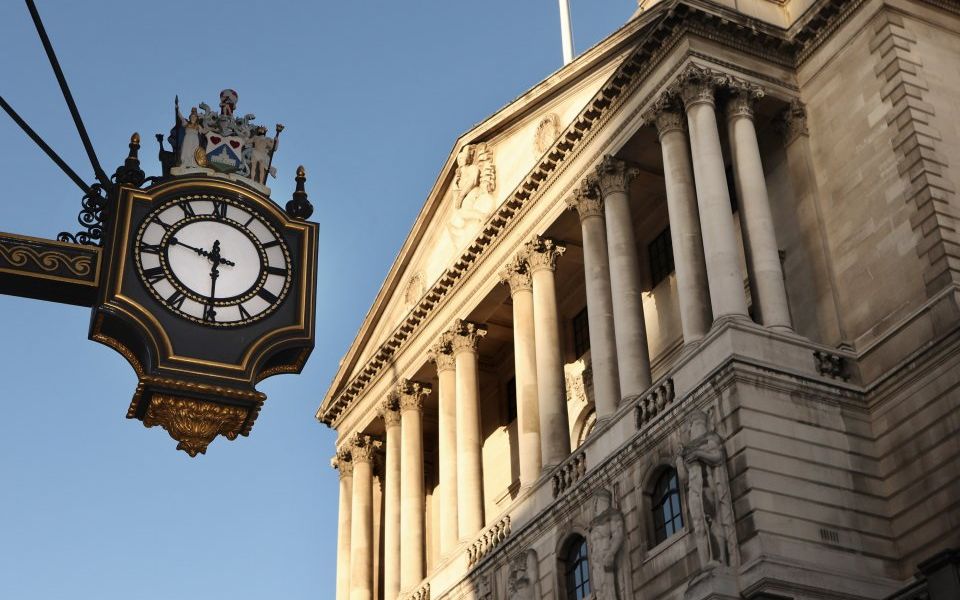
The beauty parade for the next Bank of England Governor has begun

Not that long ago this column mentioned the fact that speculation over who would succeed Mark Carney as Governor of the Bank of England would begin in earnest this year.
Just a few short weeks later and it has already begun. On Tuesday Reuters speculated as to who the possible successors to Mr Carney might be.
The runners and riders included Andrew Bailey, a former deputy governor of the Bank and current chief executive of the Financial Conduct Authority (FCA); Ben Broadbent and David Ramsden, both current Deputy Governors; Andy Haldane, the Bank of England’s chief economist and Sharon White, the head of the telecoms regulator, Ofcom, who previously worked at the Treasury.
It is still early days yet, so there will undoubtedly be names added to the list. Mr Bailey has suggested in the past week that he hasn’t thought about the role, giving the classic quote offered by Premier League football managers that he has a job and that is what he is concentrating on, while not explicitly ruling himself out.
As Reuters points out, Mr Ramsden only joined the Bank of England in September and his previous role as the Treasury’s chief economic advisor is unlikely to be enough to see him appointed on this occasion.
Meanwhile, Mr Broadbent, despite being a former Goldman Sachs economist has “less experience on banking oversight, which has become an important part of the BoE governor’s role,” says Reuters.
And Ms White has won praise for her high-profile roles in the public sector, according to Reuters, but is an otherwise unknown quantity.
One thing Reuters doesn’t consider is an overtly pro-Brexit candidate. Possibly this is because Reuters doesn’t want to. But as has been mentioned in this column before, it is unlikely that the more Eurosceptic wing of the Conservative party wouldn’t try to rally support around a candidate they felt held their views on Europe.
Brexiteers would argue for the need to have a strong Bank of England Governor to stand up to the European Central Bank (ECB) and provide support to the City of London against the European Commission. So, we should all be prepared for the likes of Jacob Rees-Mogg to call for such a candidate.
The appointment, which officially lies in the gift of the Chancellor, is fraught with difficulty and Philip Hammond is likely to delay making a decision for months.
A Remainer in the EU Referendum, Mr Hammond will know that politically he will have to walk a tightrope: the candidate will somehow have to satisfy both wings of the Conservative Party, while helping to guide Britain through the biggest economic upheaval since the Second World War.
What Mr Hammond probably hopes is that Mr Carney will change his mind and opt to stay in his role.
The fact is that, aside from Mr Bailey, there is no obvious candidate. And the Bank traditionally appoints from within.
As a result we should expect a lot of market money to be spent betting on just two candidates: Messers Bailey and Broadbent. Much of the rest is likely to be smoke and mirrors.
To find out how INFINOX Capital can help you reach your financial goals, visit www.infinox.com.